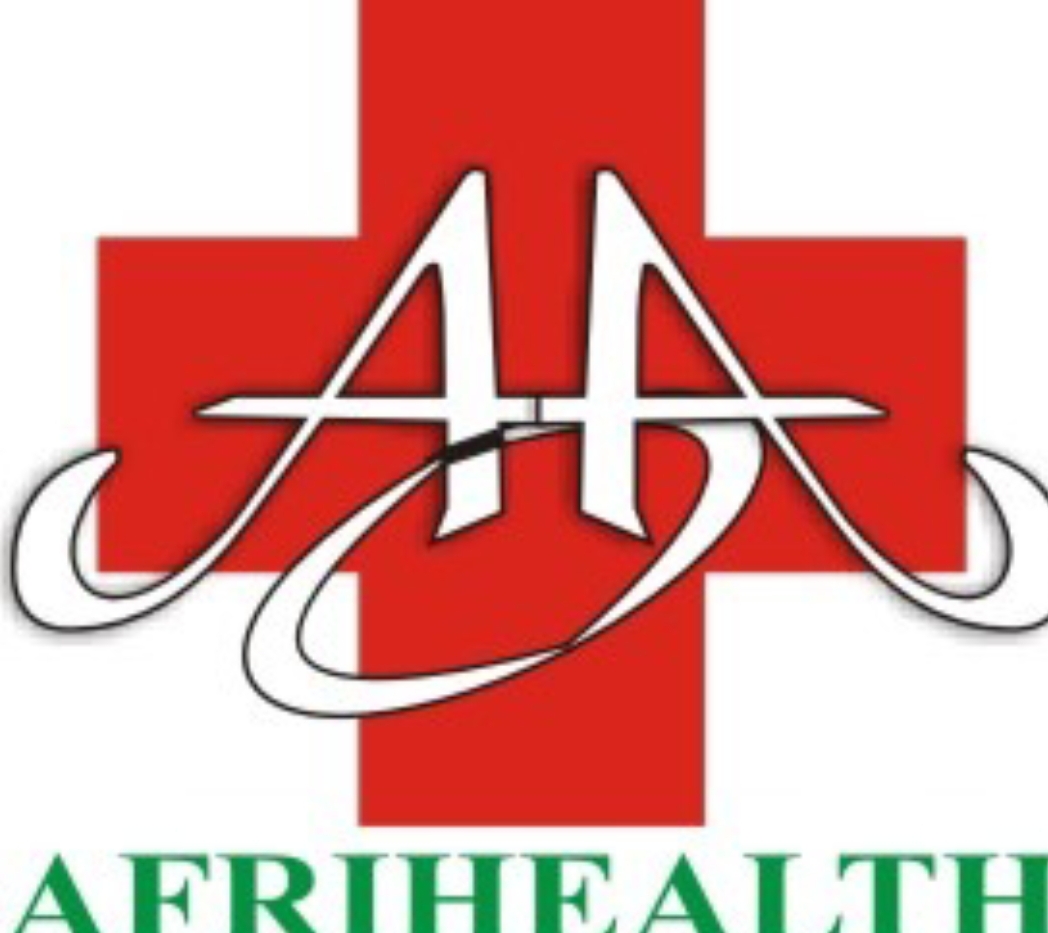By Dare Akogun
As the world celebrated this years World Malaria Day, the Afrihealth Optonet Association (AHOA) has called for intensified efforts to combat malaria globally.
In a statement signed by Dr. Uzodinma Adirieje, CEO and Programmes Director of AHOA, he urged governments to demonstrate unwavering commitment to malaria elimination through adequate resourcing, policy interventions, and accountable stewardship.

The association expressed solidarity with the World Health Organization (WHO) and Roll-Back Malaria (RBM) in their fight against the disease.
AHOA, a global network of civil society organizations (CSOs), emphasized the importance of meaningful engagement of non-state actors and the civil society in malaria control efforts.
During a recent global colloquium organized by AHOA, participants from over 50 countries discussed the urgent need for gender mainstreaming, health equity, and human rights in malaria elimination strategies.
Key recommendations from the colloquium included promoting partnerships, raising awareness, and integrating a gender perspective into malaria prevention and control efforts.
Additionally, participants emphasized the importance of health equity and human rights principles in malaria control interventions.
AHOA however urged stakeholders to unite in promoting the “My Health, My Right” paradigm and supporting efforts to enhance meaningful engagement of civil society and non-state actors in malaria control interventions.
The association also reaffirmed its commitment to eliminating malaria and called for sustained global action to make malaria history by 2030.
Malaria, a mosquito-borne infectious disease, affects millions of people worldwide annually, causing significant morbidity and mortality.
Despite progress in malaria control interventions, there is still much to be done to eliminate the disease entirely.

